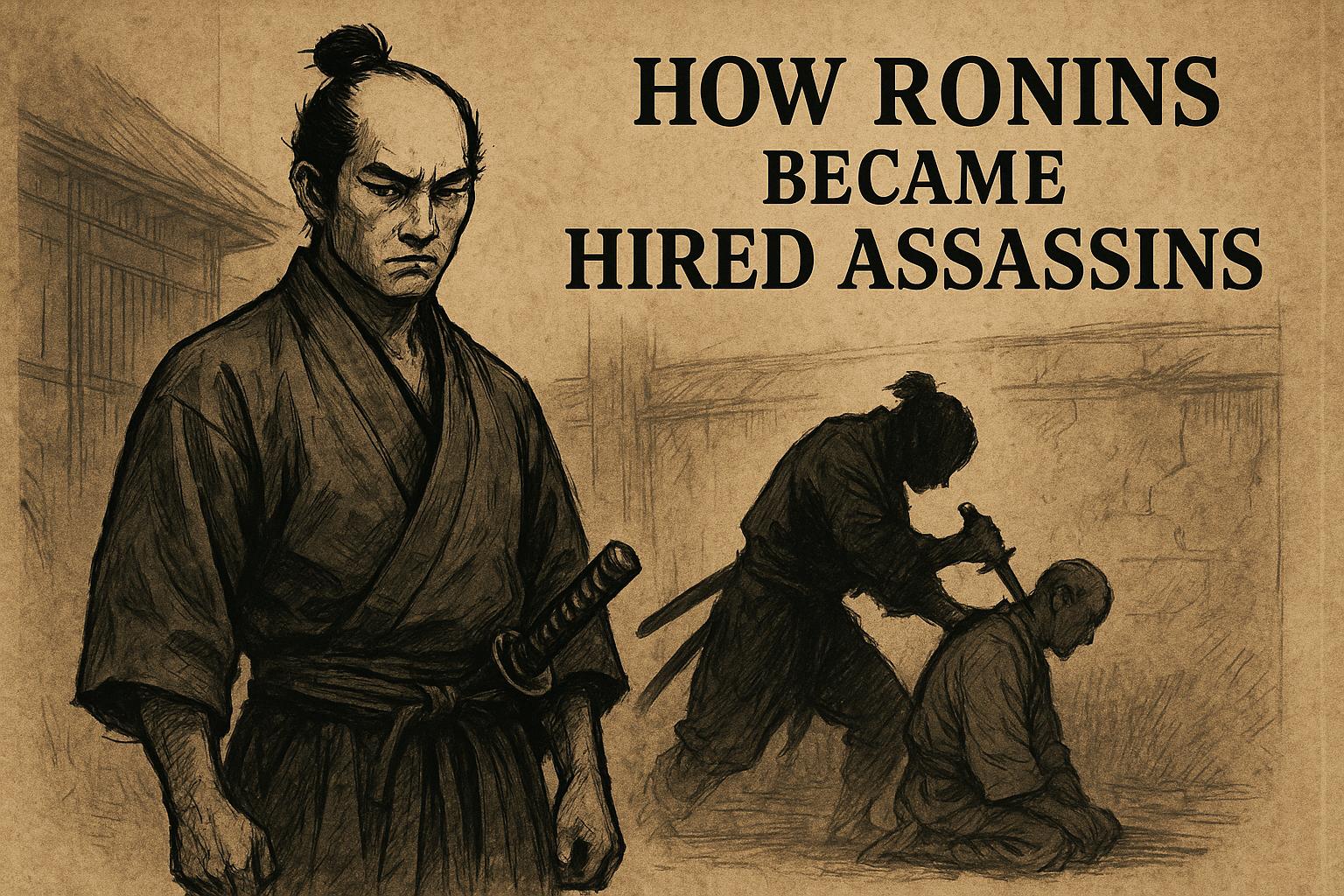The Historical Context of Ronin
In feudal Japan, the term ronin referred to a samurai without a lord or master. This status often emerged when a samurai’s lord was killed, or their clan was dissolved due to political shifts. The absence of a master not only stripped them of their social standing but also eliminated their primary source of income. As a result, the transition from samurai to ronin was a significant social demotion that came with numerous challenges and opportunities alike. Understanding the broader historical context of ronin requires an exploration of the political, social, and economic conditions that gave rise to their unique predicament during the era.
The Transition from Samurai to Ronin
The samurai class was governed by the Bushido, a code emphasizing loyalty, honor, and martial arts prowess. When samurai became ronin, they faced significant pressure due to their loss of social identity and economic instability. Despite this, their skills in combat and strategy remained highly sought after. The transition was not merely a matter of losing a job but involved a profound identity shift. Samurai were part of a respected warrior class, and becoming a ronin meant they were often viewed with suspicion and were regarded as societal outcasts. This transition challenged their adherence to the Bushido code, which emphasized unswerving loyalty to one’s lord, now a complicated notion for those without one.
Employment as Hired Assassins
In the volatile socio-political landscape of Edo-period Japan, many ronin found new opportunities. During this time, the samurai class faced unemployment due to prolonged peace under the Tokugawa shogunate, leaving them with limited avenues for utilizing their martial expertise. Consequently, some ronin turned to offer their skills as hired assassins for various employers, including rival lords or individuals seeking revenge. As hired hands in matters of life and death, they navigated a moral landscape quite different from the chivalric ideals they were trained to uphold. This transition was pragmatic, as assassination provided necessary means for financial survival and offered them a way to retain a sense of relevance and engagement in political affairs.
Motivations for Becoming Assassins
The motivations for ronin to become assassins were varied. Economic necessity was a primary factor, as many ronin struggled financially. Engaging in assassination offered a means to sustain themselves and their families. The transition to such an occupation should not be understood simply as a fall from grace but as a survival strategy in a rigid social hierarchy that provided few options for social mobility or reintegration into a form of respectable society. Additionally, the practice of assassination allowed ronin to maintain a sense of purpose and identity linked to their martial heritage. By participating in these acts, they continued to use their combat skills and strategic prowess, thereby preserving a critical element of their samurai identity.
Impact on Society
The involvement of ronin in assassination had significant implications for Japanese society. It contributed to the era’s political intrigue and instability, as assassinations were often part of larger power struggles. Their notorious presence also impacted public perception of the samurai class, adding an element of unpredictability to a group traditionally associated with honor and loyalty. The actions of the ronin served to blur the stark distinction between nobility and treachery. While ronin engaged in assassination, they were simultaneously upholding a personal code of survival and loyalty to self or employer—an adaptation of their samurai ethos to suit their new circumstances. This duality played into the complex fabric of feudal Japan, influencing both contemporary and modern understandings of what it meant to be a samurai or ronin.
The presence of ronin also complicated the socio-political dynamics of the time. They were politically unattached and militarily skilled individuals who could be used as pawns or power players for the ambitious elite or power-hungry lords in their quests for dominance. Thus, ronin were agents of both stability and disruption; their allegiance was transient, and their skills were indispensable yet feared. They contributed to a climate of suspicion, as allegiances could shift, and the balance of power was always in flux.
For more on the transformation and roles of ronin in Japanese history, further resources can be explored through various historical studies and specialized platforms that delve into feudal Japan’s socio-political dynamics. These studies examine not only the individual experiences of ronin but also their broader impact on Japanese history. Factors like economic conditions, political shifts, and cultural changes all contributed to the ever-evolving status of ronin. By understanding these nuances, one gains a deeper appreciation of how these warriors adapted to survive in an era marked by significant transformations.

